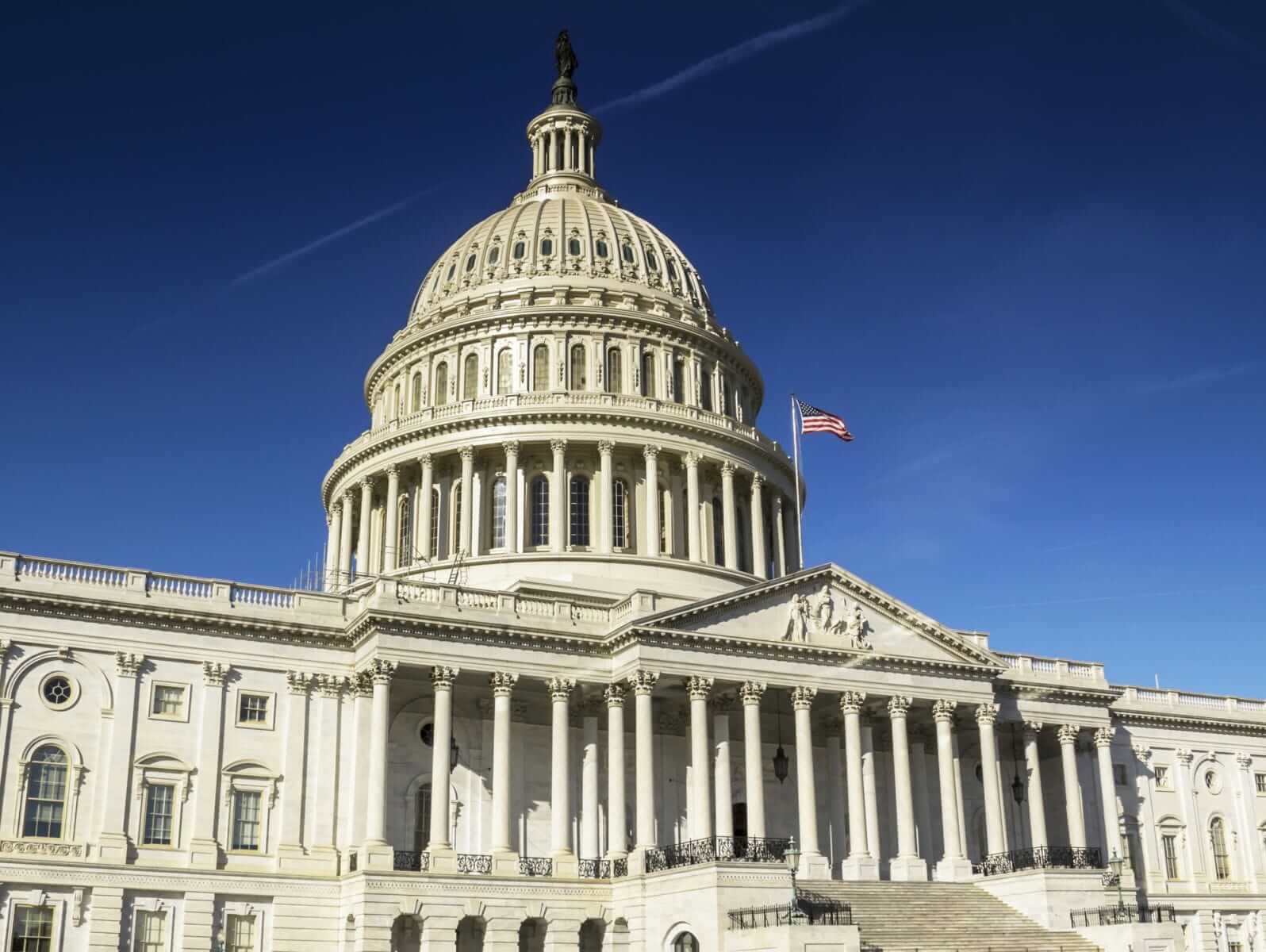
In 2024, Rep. Nancy Pelosi quietly posted a 54% return on her stock portfolio — outperforming the most sophisticated hedge funds on the planet. There was no press tour for this massive achievement, and no hedge fund title; just a government salary and a set of disclosures that, to the trained eye, look a lot like market timing.
Pelosi’s reported salary is around $223,000. But her net worth stands at over $264 million, making her the richest woman in Congress. And she’s not the only one turning their political seat into a portfolio advantage.
While hedge funds spend billions hiring analysts and building next-gen AI models, members of Congress are making market-moving decisions — and trading on the same stocks affected by those policy changes.
The Power of Timing, and the People in Power
Take Rep. Ro Khanna, for example. He’s a Silicon Valley congressman who has been outspoken about banning stock trading in Congress. However, Khanna and his family trusts have made over 300 trades this year.
His explanation? Outside advisors handled the transactions. But the timing — not to mention the volume — raised eyebrows.
Then there’s Rep. Cleo Fields, who’s now one of the most active and valuable traders in the House. Fields recently made a $3 million+ purchase of NVIDIA (NVDA) stock just days before a Trump-approved lift on the ban of AI chip exports to China sent shares surging.
According to public filings, Fields has executed over $4 million in trades over the past few months, with heavy bets on Microsoft (MSFT) and NVIDIA.
In fact, former top dog Rep. Michael McCaul — one of the wealthiest and most active traders in Congress — has been quietly overtaken by Fields in terms of value of trades.
And politicians aren’t just buying. In the days leading up to the controversial "One Big, Beautiful Bill" — a sweeping Trump-endorsed tax package that included major Medicaid cuts — multiple lawmakers dumped shares of Centene Corp (CNC), a company that handles Medicaid reimbursements.
Among them was Rep. Robert Bresnahan, who sold CNC shares just days before voting to advance the bill that would gut Medicaid budgets and force work requirements.
In response to the policy changes, CNC stock plummeted over 50%.
Watch the Reel to See How Congress Beat the Market
We break down the story in this short reel so you can watch it all unfold, from the key players to the big trades and timelines.
The STOCK Act Makes These Trades Public, If You Know Where to Look
In 2012, the STOCK Act was signed into law, requiring members of Congress to disclose their trades within 30 to 45 days. That means these transactions are fully public, but they aren’t easy to track unless you know what to search for.
Whether you’re tracking Pelosi, Fields, Khanna, or any other “high alpha” politician, Barchart lets you search, filter, and analyze their trades in just a few clicks. In other words: You don’t need a hedge fund to follow the money.
With Barchart’s Political Insider Trading tool, available under the “Investing” Tab, you can:
- Search trades by politician name
- See the dollar value of each transaction
- Filter by buys, sells, or ticker symbols
- Track trade activity over time







